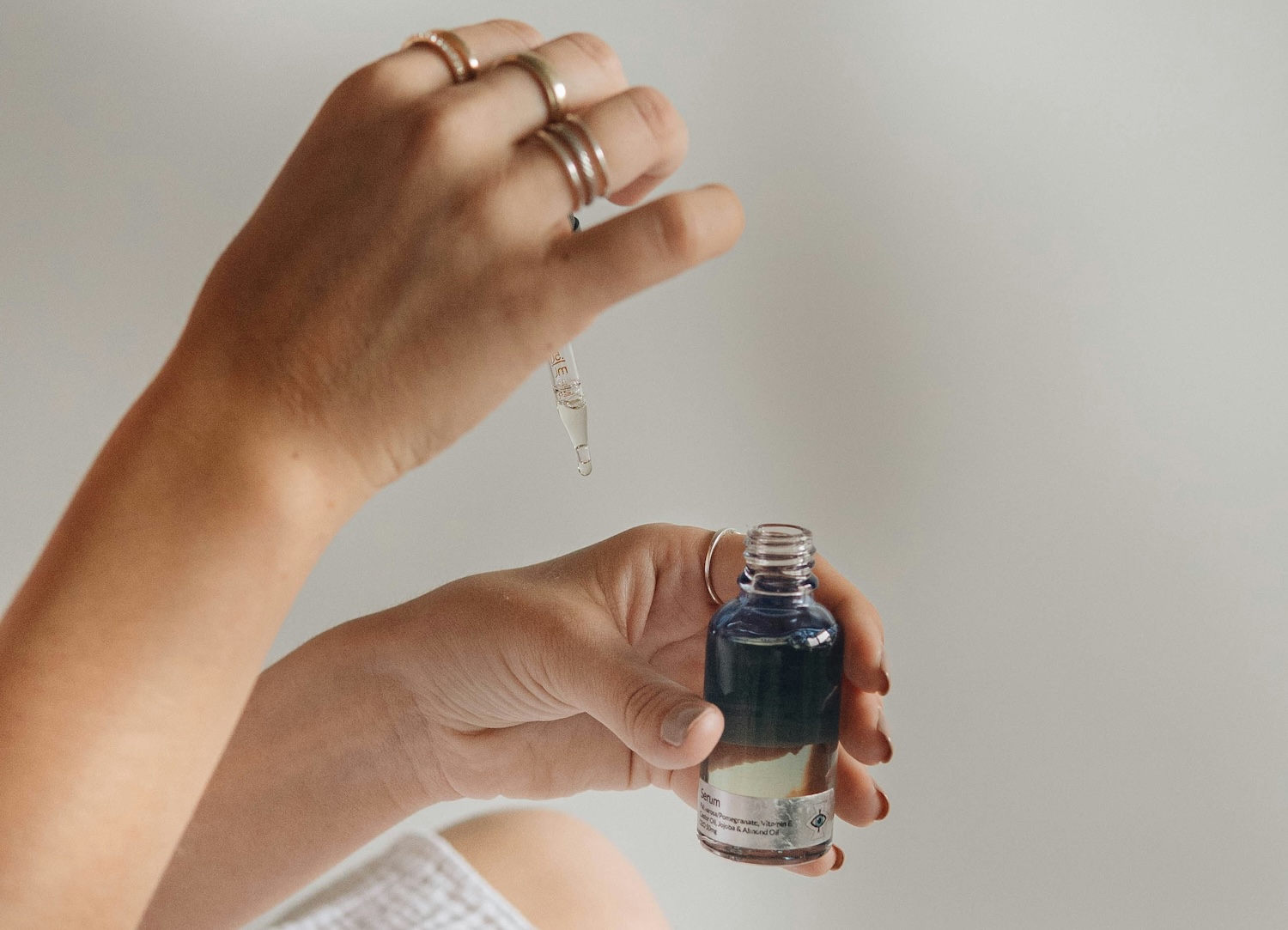Stress is an inevitable part of life, but its impact on our skin is often overlooked. Here are five ways stress affects your skin and effective strategies to combat the undesirable effects.
1. Increased Acne and Breakouts
Impact: Stress triggers the production of cortisol, a hormone that can increase oil production in your skin. This excess oil can clog pores and lead to acne and breakouts.
Solution: Incorporate a gentle skincare routine with a focus on oil control. Use a salicylic acid-based cleanser to keep pores clear and opt for non-comedogenic products to prevent clogging. Additionally, practicing stress management techniques like yoga and meditation can help regulate cortisol levels.
2. Premature Aging
Impact: Chronic stress speeds up the aging process by breaking down collagen and elastin, the proteins linked to skin firmness. This can lead to the appearance of fine lines, wrinkles, and sagging skin.
Solution: Prioritize anti-aging skincare products that contain ingredients like retinoids, vitamin C, and peptides, which help stimulate collagen production and repair damage. Incorporate stress-reducing activities like regular exercise and a good night's sleep into your routine to help lessen the effects.
3. Dryness and Dehydration
Impact: Stress can disrupt your skin's barrier function, leading to increased water loss and issues with retaining moisture. This results in dry, flaky, and irritated skin.
Solution: Focus on hydrating your skin with products containing hyaluronic acid, glycerin, and ceramides. Drink plenty of water and avoid excessive caffeine and alcohol. Incorporating relaxation techniques like deep breathing exercises can also help improve overall hydration.
4. Inflammation and Redness
Impact: Stress can trigger inflammation in the body, manifesting as redness, rosacea, or eczema flare-ups on your skin. This inflammation can make your skin appear blotchy and uneven.
Solution: Use gentle, anti-inflammatory skincare products with ingredients like niacinamide, aloe vera, and chamomile. Avoid harsh treatments and exfoliants that can increase inflammation. Engaging in stress-relief practices like mindfulness and spending time in nature can help reduce overall inflammation.
5. Dark Circles and Puffy Eyes
Impact: Lack of sleep due to stress can lead to dark circles and puffiness around the eyes. This can make you look more tired and aged.
Solution: Make sure to get 7-9 hours of good sleep each night. Use an eye cream with ingredients like caffeine, hyaluronic acid, and vitamin K to reduce puffiness and brighten under-eyes. Creating a bedtime routine that includes winding down without devices can improve the quality of your sleep.
Cover Photo by Francesca Zama










